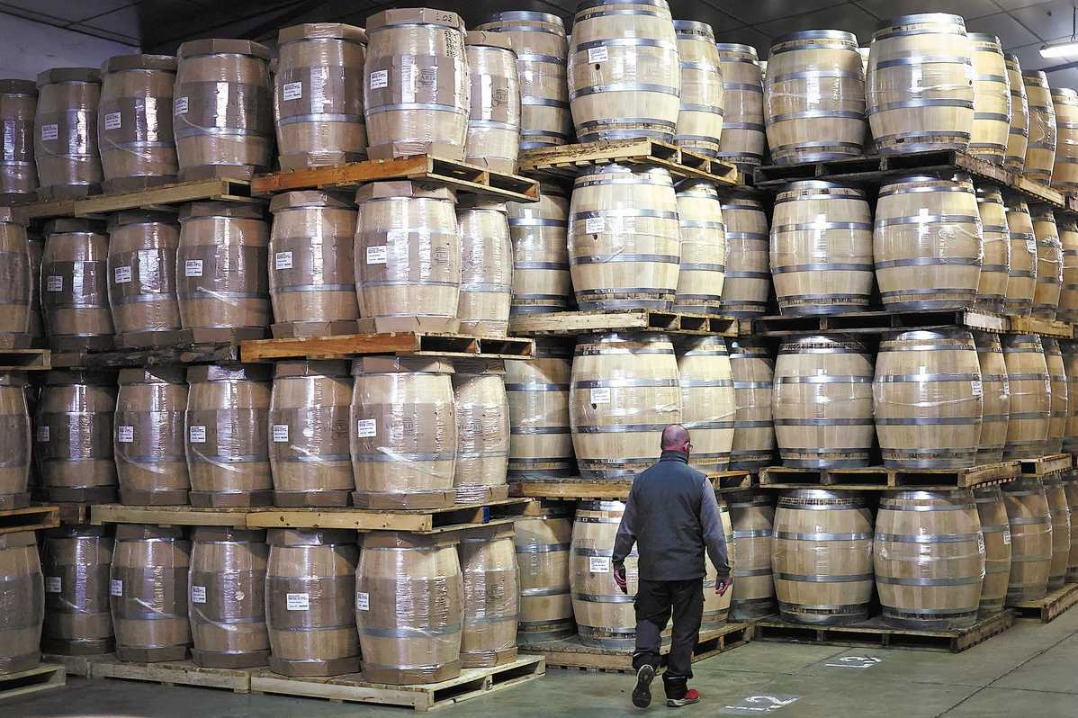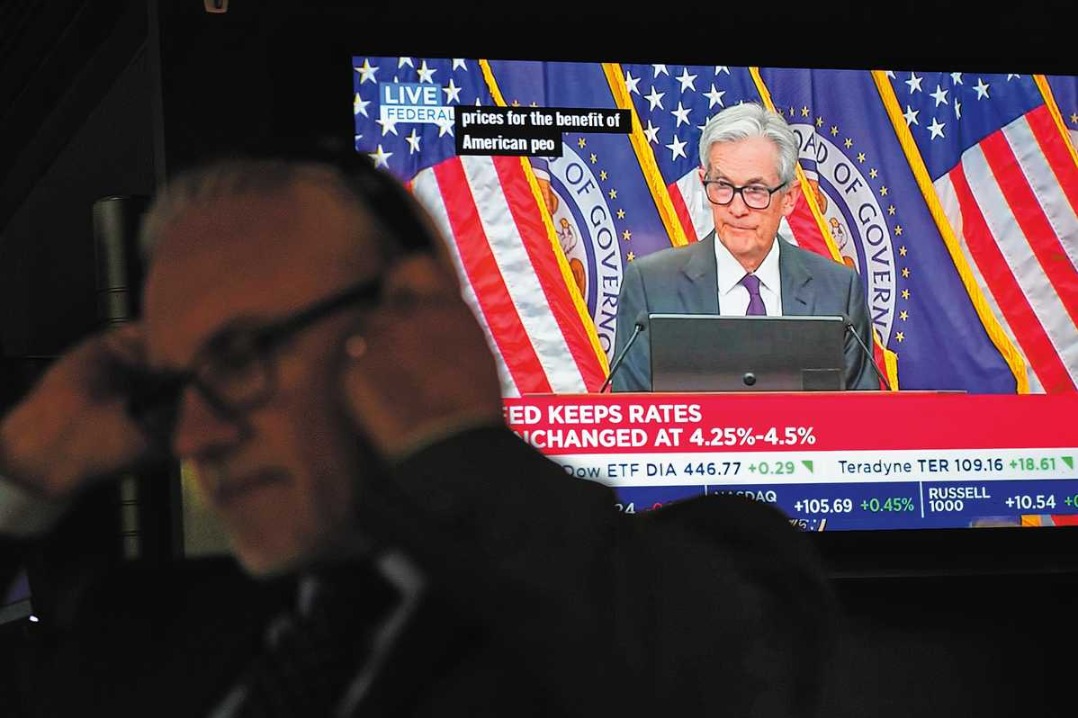Asian Americans urged to pursue political life


Time for representation to catch up with their soaring ranks in US, leaders say
Asian Americans are the fast-growing racial group in the United States but are still underrepresented in the nation's political life. Some leaders in the diverse community are trying to do something about that, and are encouraging more within their ranks to step forward.
With greater representation, these leaders also hope to see more policies that address the needs of Asian Americans.
Almost 20 million people identified as Asians in the 2020 census, an increase of 35.5 percent over the past 10 years. A further 4.1 million people identified as being Asian in combination with another racial group, bringing the Asian population to 7.2 percent of the total.
The number of Asians is projected to rise steadily to 35.8 million by 2060, more than triple the figure in 2000, according to analysis from the Pew Research Center in April. It also found that the group has experienced one of the highest growth rates of any major racial and ethnic group in most of the years since 2000.
Chinese Americans make up the biggest slice of this group, at 23 percent of the Asian population with 5.4 million people. Indian Americans and Filipino Americans are the next most numerous, according to the Pew analysis.
Despite the rise in the Asian population, Asian Americans and Pacific Islanders are still underrepresented in elected office. The rising racism and attacks against Asian people since the start of the COVID-19 pandemic have prompted some community leaders to call for more political representation.
It's encouraging that the Asian-American community has more people running for office, "but when you look at Congress, statehouses and city halls across America, Asians are seriously underrepresented", Gary Locke, former secretary of commerce in the administration of Barack Obama, told a recent webinar examining the status of Asian Americans.
Asians make up less than 3 percent of Congress, said Locke. In California, 15 percent of the population is of Asian descent, but Asian Americans make up only 11 percent of lawmakers in the state's legislature.
A report from the Reflective Democracy Campaign found that Asian Americans Pacific Islanders-a grouping termed as AAPI-hold elected positions at rates lower than for any other demographic in the US.
AAPI people account for just 0.9 percent of elected leaders across all levels of US government. They were the most underrepresented group, by a factor of 85 percent, while white people were overrepresented by 46 percent, according to the report.
'Blood, sweat and tears'
"If we really care about the issues that affect us, we have a responsibility to be at the table to help set the policies that affect all of us, because Asian Americans and Chinese Americans all through the centuries have given their blood, sweat and tears for this country," Locke said. "We have been integral in the creating of the prosperity and the dynamism of America."
Experts said immigration and fertility are the primary drivers of growth among Asian Americans. Unlike the growth in the Hispanic and Latino population resulting from a natural increase in the past decade, the population growth among Asian Americans and non-Hispanic white people was driven by migration, according to the US Census Bureau.
Another factor driving the increase in the Asian population is the growth in the younger age groups. US-born Asians are substantially younger than the rest of the Asian-American population, according to the Pew analysis. The median age of US-born Asians was 19, compared with 36 among all people born in the US.
Aggressive outreach to encourage Asian community members to participate in the 2020 census also played a role, because they were traditionally less likely than other racial groups to fill out the census forms, Karthick Ramakrishnan, founder of AAPI Data, told NBC Asian America.
































